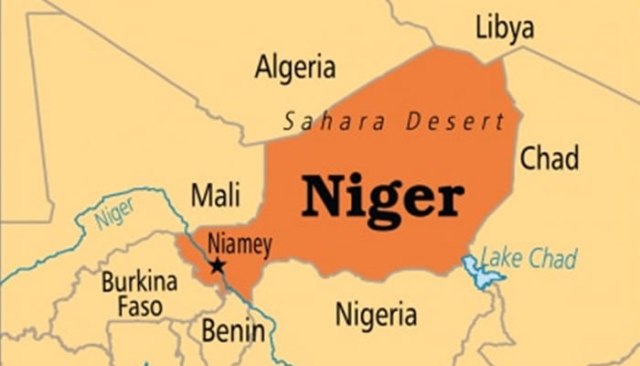Niger’s new Prime Minister Lamine Zeine has described the sanctions imposed on the military junta as an “unfair challenge,” but said the country would overcome them.
Zeine, who was appointed by the junta a week ago, said on Monday that Niger was interested in economic cooperation with the Economic Community of West African States (ECOWAS).
On July 26, Niger’s military ousted democratically-elected President Mohamed Bazoum.
The military suspended the constitution and appointed a transitional government.
Shortly afterwards, ECOWAS imposed sanctions on the new military junta and demanded an immediate return to constitutional order.
It also activated a standby force for a possible military intervention in Niger.
On Sunday, the junta signaled its willingness to negotiate with ECOWAS after a visit by a Nigerian mediation group of Islamic clerics.
Zeine also expressed confidence about possible negotiations with ECOWAS and neighbouring Nigeria, which had led the crackdown on Niger’s rulers.
“We have a great interest in preserving this important and historic relationship,” Zeine said, stressing the original background of ECOWAS as an economic group to increase prosperity in West Africa.
“If, however, we find that instead of this economic solidarity, the political and military principle comes to the fore, we can only regret that.”
HIGH TREASON
Niger’s new rulers want to charge ousted President, Mohamed Bazoum with high treason, a spokesman for the junta said on national radio.
The spokesman said Bazoum and his other “accomplices” would have to stand trial.
Bazoum was removed from office by a military junta in a coup on July 26.
On Sunday, the junta in Niger had still shown itself open to negotiations with the Economic Community of West African States (ECOWAS).
The group had demanded that the new rulers released the detained president a few days after the coup.
After the military seized power, it suspended the constitution and appointed their own transitional government.
President Bazoum had been held by the putschists ever since.
Niger, a country with around 26 million inhabitants and one of the poorest populations in the world, was until the coup, one of the last democratic partners of the United States and Europe in the Sahel region on the southern edge of the Sahara.
The coup had plunged the region into a political crisis. At a special summit on Thursday in Nigeria, ECOWAS decided to activate a military standby force to restore constitutional order in Niger.














